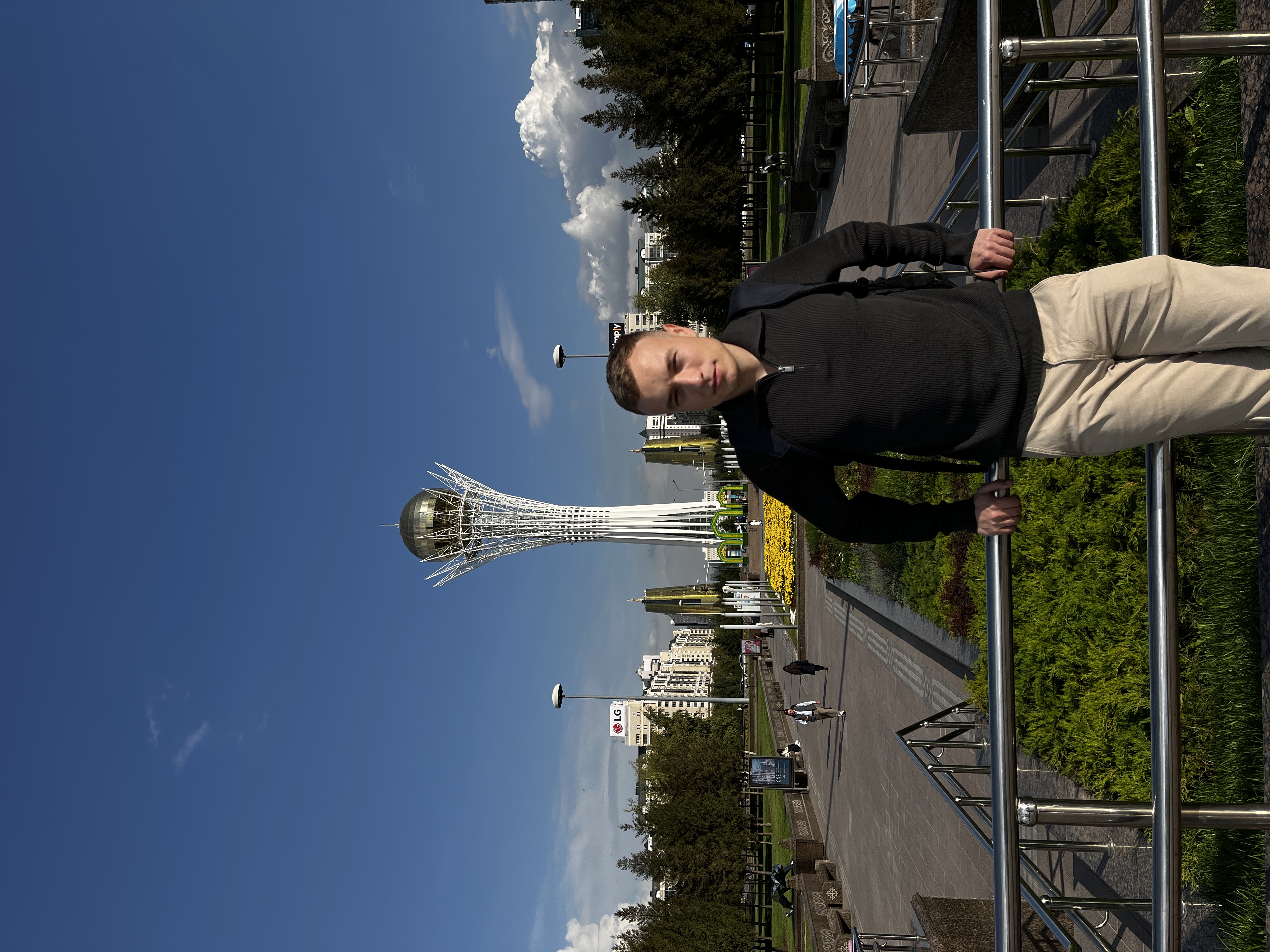



Eastok was born out of a desire to better understand and tell the stories of the post-Soviet East. I’ve been fascinated by this region for years – its dynamics, contrasts, and transformations – so I decided this would be a meaningful way to share that curiosity and highlight a part of the world that, aside from political headlines, rarely makes the front pages, despite how much is happening there.
The name "eastok" is a fusion of two words that signify the eastern direction – English east and Russian восток (vostok). From a Polish perspective, when we speak of the "East," we often refer to the entire post-Soviet space – from Eastern Europe, through the Caucasus, to Central Asia.
At the same time, "eastok" also echoes the Russian word исток (istok), meaning "source." And that is precisely the mission of this project – to serve as a source of information on technology, business, and mindset in the post-Soviet world.


My name is Damian. I’ve long been interested in the post-Soviet region, the Russian language, and the world of technology — these topics have become a part of my everyday life.
At university, I studied “Russian Language in Business” — a program combining philology with elements of economics — as well as international economic relations, specializing in foreign trade. I’ve traveled both privately and academically across many countries of the post-Soviet East. This gave me the chance to meet people from various local backgrounds and notice both the differences and similarities between our countries. These experiences also helped me easily connect with diaspora communities from the region.
After several years working in foreign trade on eastern markets, I decided to switch careers and move into IT. After six months of self-study, I started working as a PHP developer and have been growing in this field ever since. Thanks to my near-fluent Russian and extensive experience in the post-Soviet region, I decided to combine these passions — that’s how Eastok was born, focusing on topics related to Eastern Europe, the Caucasus, and Central Asia.
Currently, I’m involved in projects related to relations between Poland and the post-Soviet countries. I’m open to collaborations both ways — with partners coming to Poland from beyond the eastern border, as well as from Poland going east.